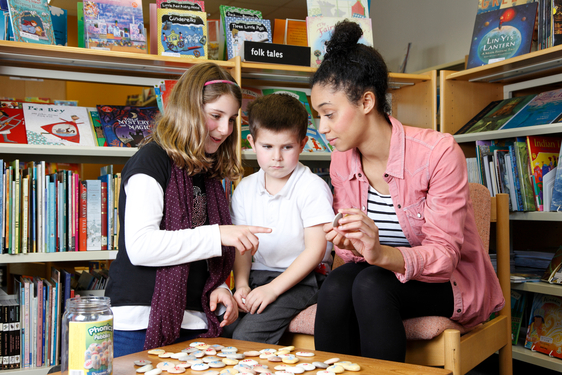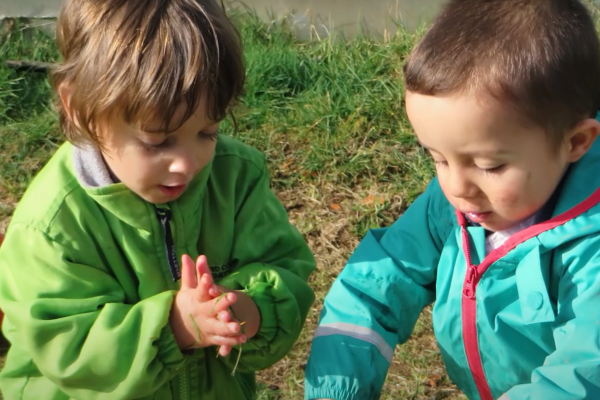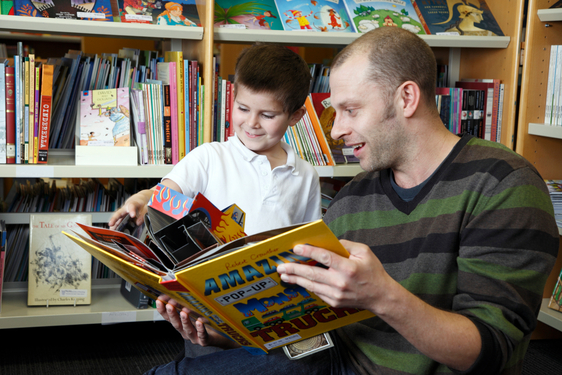Research Impact
We have a national and international reputation for impactful research. Our central goal is to conduct research that addresses the overarching aim of improved education and learning as a route to enhanced self-efficacy, economic well-being and improved life chances. Below you can read some examples of how our research is providing solutions to many of the challenges education practitioners and learners face.
Improving multilingual education
By helping teachers to understand how language knowledge and skills develop, researchers at the IoE are equipping them to better meet the needs of their pupils – including those whose home language is not English.
Language and literacy skills are widely considered as vital to develop at an early age. For those learning English as an additional language, these skills are a gateway to academic success. Learning another language such as French, German or Spanish can bring many social, emotional and economic benefits, including enhanced creativity, empathy and understanding of others’ lives.
However, teachers’ capacity to fully develop these skills is hampered by a lack of understanding of how to meet the needs of EAL learners, how to make best use of the often limited lesson time they have for foreign language teaching, and what kind of progress learners should be expected to make. They may also lack confidence in their own language abilities.
Drawing on evidence from a range of long-term studies conducted in collaboration with teachers, we are providing important insights into talk-rich teaching strategies that support EAL learners’ literacy development, rates of progression in primary languages, and how teachers can maximise the benefits to learners of foreign language study using digital tools. Our work also has important implications for making sure that all learners’ transition from primary to secondary school is an effective one.
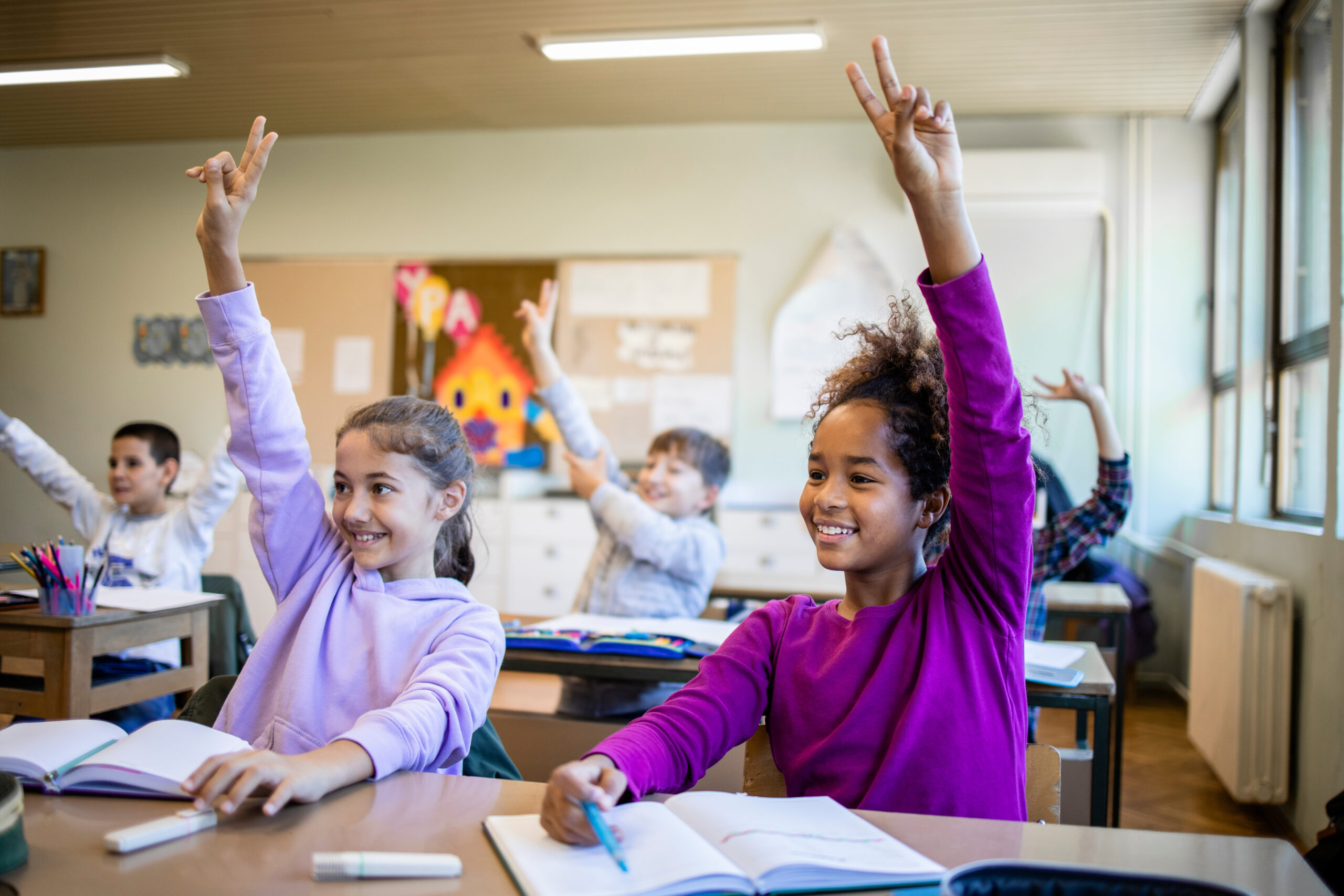
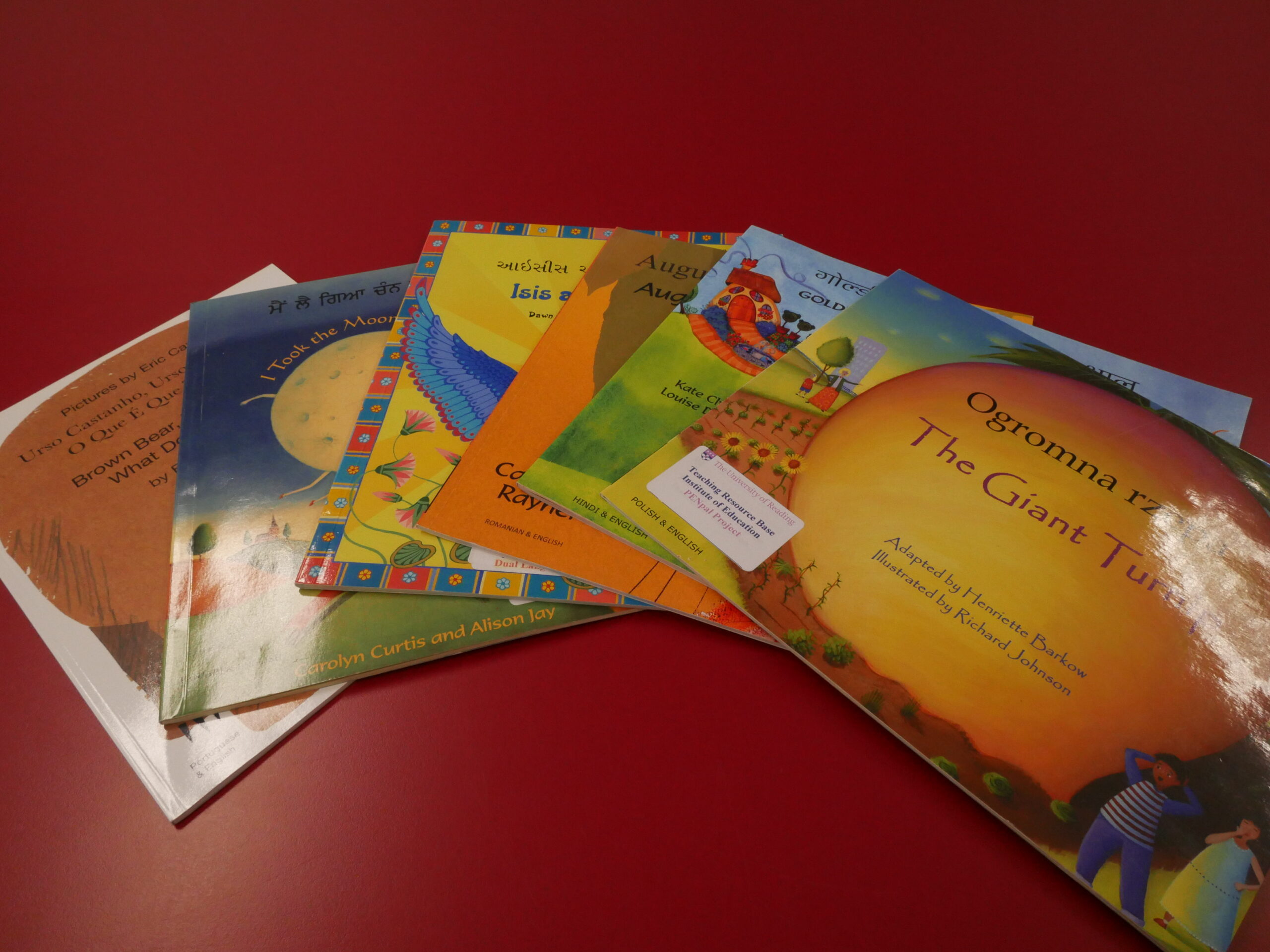
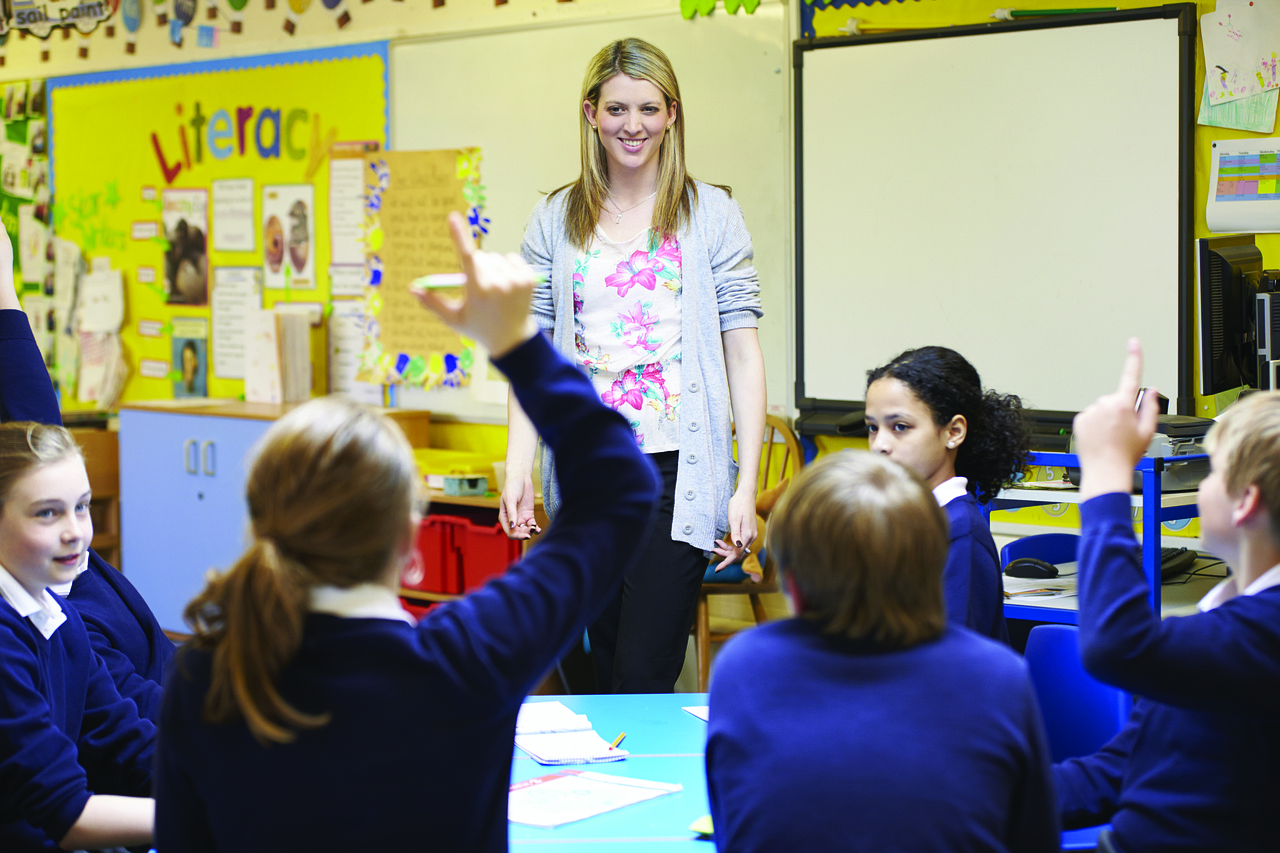
Our research is helping practitioners, school leaders and policy makers draw vital lessons from the Covid-19 pandemic.
Emerging work around the globe has identified the impact closing schools and moving education online during the Covid-19 pandemic has had, especially on children from disadvantaged backgrounds. While research into this area is growing from both student and parents’ perspectives, there remains a need to explore how school leaders strategically dealt with these challenging circumstances, and crucially, what can be learned for the future to ensure some of the opportunities that emerged can be harnessed and developed.
Working with the Open University, our research investigating the strategic management of online learning in schools, both during and post lockdown, has explored not only the strategic challenges that school leaders had to overcome, including dealing with the impact of the restrictions on children with differing educational needs, such as special educational needs and disabilities (SEND), those who have English as an additional language (EAL), and those on free school meals (FSM), but also highlighting the opportunities that have emerged from the crisis that will positively impact on leading online learning moving forward.
These findings are being shared with practitioners, policy makers and school leaders through a free online course, Strategic planning for online learning.
The course is designed to help these key professionals explore how their schools can engage effectively with the digital technology at both strategic and operational levels.



Raising aspirations and inspiring learning: Working with local communities
Through projects aimed at improving parents’ and young peoples’ confidence and educational aspirations and children’s literacy, IoE researchers and residents in local communities are developing shared insights into how to improve lives through education.
Our research has shown that confidence is internalised in people’s self-identity and how this affects their own educational aspirations and ambitions can and does impact those of their children. Drawing on these findings, IoE researchers set up the Marvellous Mums project. They worked with a group of 27 mums from Reading on a 10-week programme to boost confidence through setting goals, focusing on skills, and self-reflection. The project helped raise aspirations of both mums and their children.
IoE research has also shown that while books are a key way to build vocabulary and language skills in young children, parents are not always able to support their children because of lack of access to books and confidence in reading stories together at home. In the Ready to Read project, positive home reading environments are being developed through parent-child storybook sessions for children, drawing on IoE research findings and also co-designed with local community groups to ensure that the sessions meet their needs and priorities. Locally housed reading resources and an online reading toolkit are also being developed.
Both of these projects are making a significant contribution to local communities, as well as enriching researchers’ understanding of the importance of community partnership.
